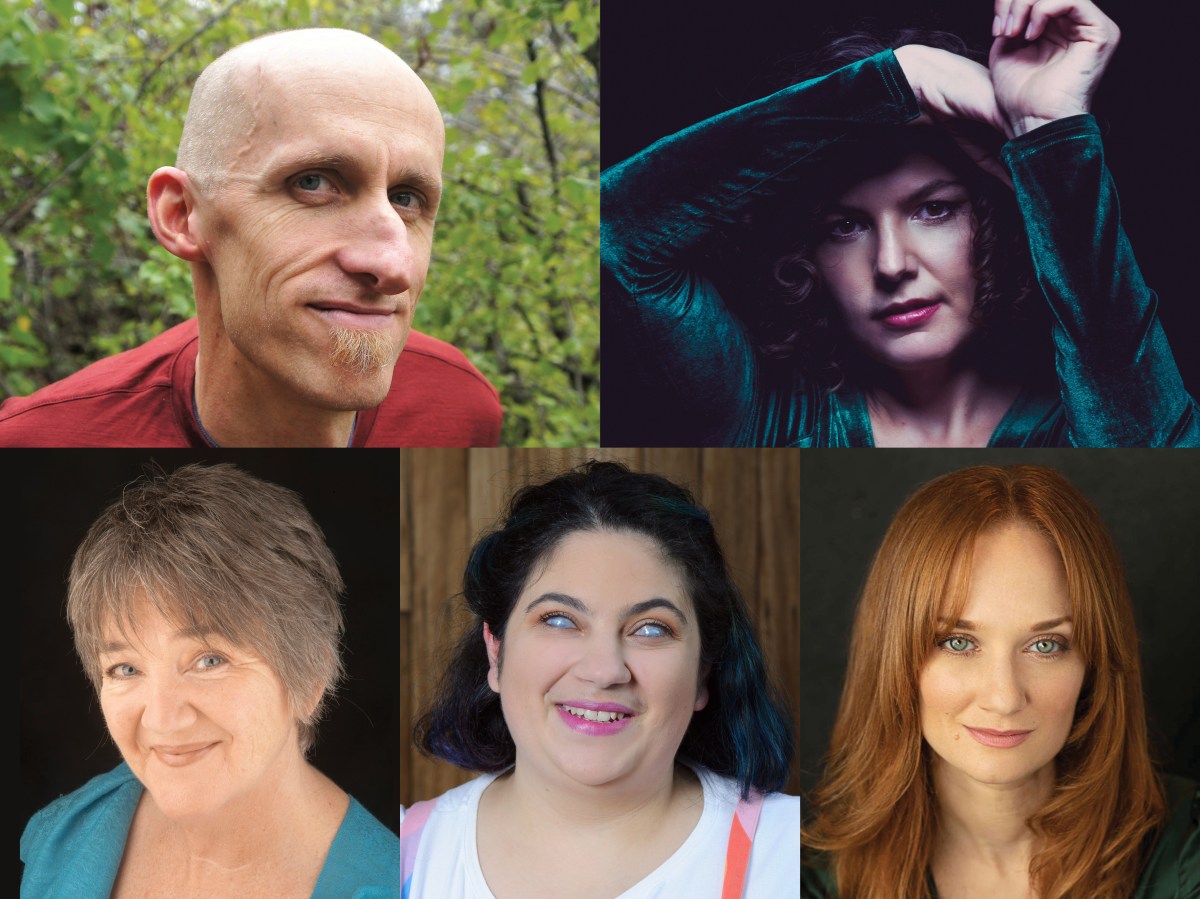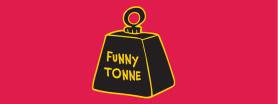According to the Australian Institute of Health and Welfare report of 2022 18% of people in this country identify as living with a disability. That’s one in six, when broken down into smaller, more manageable and recognisable parts. It stands to reason, then, that a similar percentage of those living with a disability are involved in the arts, grappling with what disability means in a 21st century creative artistic setting. Is it becoming easier for disabled artists to gain traction within creative industries? Is it becoming a more accepted part of arts practice to meet access needs and address concerns of those who ask for them? Disability, according to the World Health Organisation, is ‘part of being human. Almost everyone will temporarily or permanently experience disability at some point in their life’.
How, then, do those living with a disability access arts practice in a way that is both satisfying and sustainable? Addressing this question is a theatre company called Raspberry Ripple, taking its name from the Cockney rhyming slang for ‘cripple’. The artists involved in this innovate collective believe in a social model of disability that celebrates diversity and invites audience members to question constructs about the notion of disability in an arts practice setting. This is no easy task and there are no easy solutions – exactly the reason for the company’s existence. The mission statement asks for the unseen and unheard to be ‘visible and audible for all’. Their latest production attempted to answer such a call.
Risky Business was touted as ‘a little show and a big conversation’. Part performance, part panel discussion, the event recently finished its statewide tour at the Geelong Arts Centre assisted by the Arts Centre’s Creative Engine and a grant from the City of Greater Geelong. Directed by Raspberry Ripple Founder, Kate Hood, the performance sought to put the concerns and considerations of disabled creative artists at the centre of this important and timely debate.
Featuring facilitator, Zoe Boesen and three award-winning disabled creative practitioners – poet, Andy Jackson, and performers Artemis Muñoz and Olivia Muscat – the event moved seamlessly from relaxed and ad hoc analytical chat to showcase performance pieces, demonstrating, on a practical level, the need to look beyond an artist’s disability in an effort to create easier and wider access to creative opportunities.
Jackson recited his poems, Quasimodo and Unfinished, two startling, funny and haunting works that crackle with crispness and imagery. Muñoz performed their song, ‘Community’, a cheeky and poignant critique of what it means to belong when belonging seems out of reach. Muscat recited a monologue from Romeo and Juliet, a wild and untamed iteration that gave Shakespeare’s words a refreshed sense of play, joy and folly.
Showcase done, we were back to discussions, delving into the complexities of providing pragmatic access needs for disabled artists, as well as perceptions around the concept of disability from a general viewpoint. Jackson spoke of his desire to see more opportunity and diversity planning within the publishing sector, suggesting that if there were more disabled editors, the path would be smoother for those wishing to enter the industry.
Muñoz pointed to the lack of arts funding for those living with disabilities and what this means, in a day-to-day, functional sense for the creative artists. They explored ideas of artistic freedom that would be more successful if supported and nurtured through a disability lens. Muscat presented tangible solutions to disabled artists faced with an unfamiliar physical space – from Velcro on the floor for safety to disability assistants being employed as part of the original and ongoing creative process.
Boesen suggested the audience think about the unseen aspects of disability, and the experience of those living with multiple conditions. We were also invited to join the dialogue, asking questions as follow-up to the discussion points. This was an enjoyable and edifying performance that posed as many questions as it answered.
Read: Exhibition review: Shadow Spirit, RISING
Risky Business was a fascinating project that provided insights into the nature of disability, the representation of disability within the arts sector and, most importantly, what could be done to address these concerns going into the future. One can only hope that such fresh perspectives and honest appraisals will lead to further conversations as well as dedicated implementations.
Risky Business: A little Show and a Big Conversation
Raspberry Ripple Theatre Company
Geelong Arts Centre
Risky Business took place on 28 June 2023.
This article is published under the Amplify Collective, an initiative supported by The Walkley Foundation and made possible through funding from the Meta Australian News Fund.





